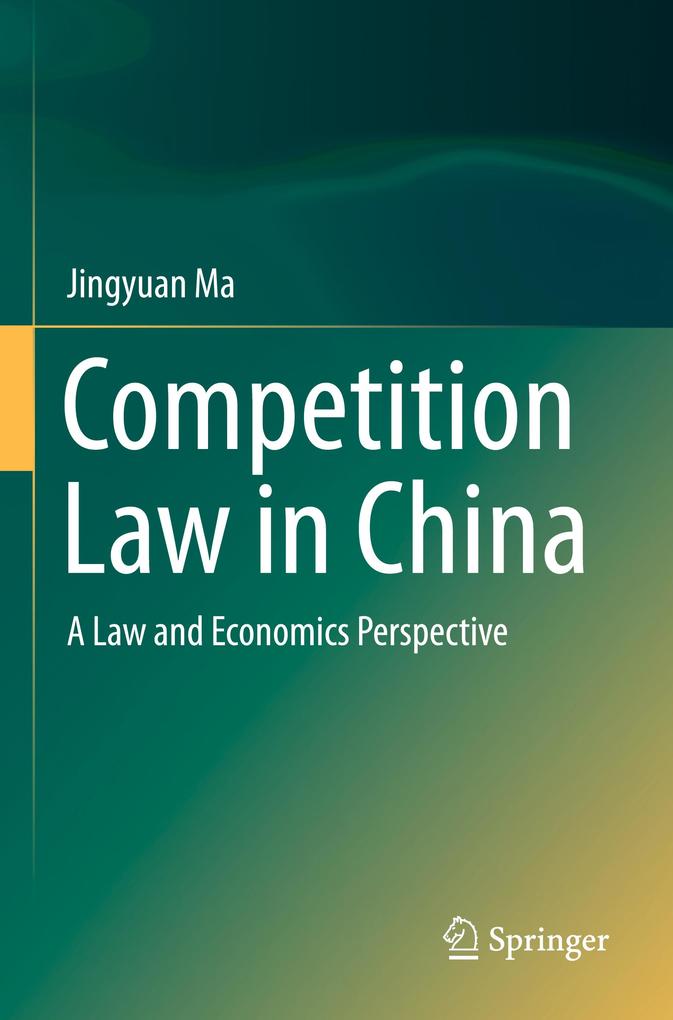
Zustellung: Mo, 20.01. - Mi, 22.01.
Versand in 2 Tagen
VersandkostenfreiBestellen & in Filiale abholen:
This book offers a comprehensive introduction to the developmental history and structural framework of Chinese competition law from a law and economics perspective. It examines the philosophical foundations, the substantive law, and enforcement issues concerning competition law and policy in China by pursuing an economic and comparative approach. Further, the book presents and analyzes competition cases involving monopolistic agreements, abuse of dominant position, and concentration. The book will help professionals and business practitioners to understand the distinct features of competition law and policy in China, and how the substance and enforcement of the law can be compared with competition regulations in the US and EU from an economic perspective. Given its scope, it offers a valuable guide for academic, public sector and professional audiences alike, and will appeal to researchers, students and anyone with an interest in economic law and policy in China. The book can also be used as reading material to accompany courses such as China's Competition Law and Policy, Comparative Competition Law, and Market Regulation in China for foreign students studying Chinese law and policy at the undergraduate, graduate and doctoral levels.
Inhaltsverzeichnis
Introduction. - An Overview of the Chinese Anti-Monopoly Law. - Goals of Competition Law: The Chinese Perspective. - Horizontal Restrictions. - Vertical Restrictions. - Abuse of Dominant Position. - Merger Control. - Administrative Monopoly. - Enforcement of Competition Law. - Extraterritorial Effects and Global Cooperation. - Conclusions.
Produktdetails
Erscheinungsdatum
14. Mai 2021
Sprache
englisch
Auflage
1st ed. 2020
Seitenanzahl
304
Autor/Autorin
Jingyuan Ma
Verlag/Hersteller
Produktart
kartoniert
Abbildungen
XIX, 282 p. 57 illus., 6 illus. in color.
Gewicht
464 g
Größe (L/B/H)
235/155/17 mm
Sonstiges
Paperback
ISBN
9789811551079
Entdecken Sie mehr
Bewertungen
0 Bewertungen
Es wurden noch keine Bewertungen abgegeben. Schreiben Sie die erste Bewertung zu "Competition Law in China" und helfen Sie damit anderen bei der Kaufentscheidung.










